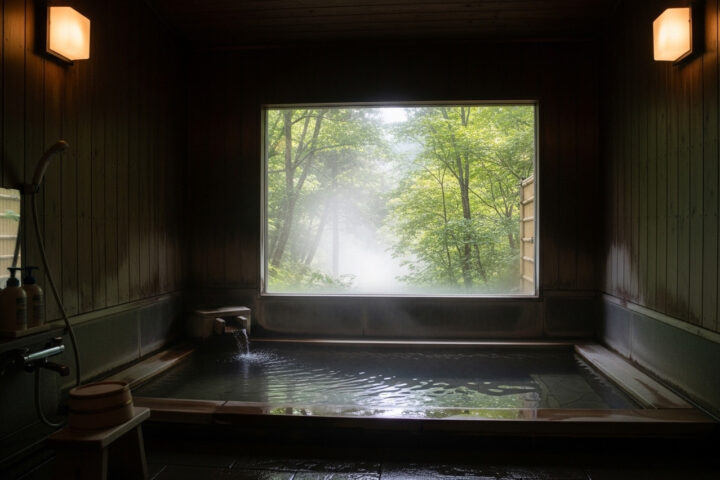Minimalism is a lifestyle rooted in simplicity, intentionality, and the art of letting go. But what happens when that philosophy is taken to the extreme?
During our latest feature on unconventional living, the TTT team met a self-proclaimed extreme minimalist who had committed fully to the idea of owning less. What started as a quest for decluttering led to an unexpected revelation. One that left him staring at a blank wall for entertainment.
And while some might question his choices, he defends them fiercely, insisting that what he has lost in possessions, he has gained in clarity, presence, and a deeper connection to his surroundings.
Here, in his own words, is his story.
A personal essay by an extreme minimalist
I have always been committed to simplicity. Owning less, consuming mindfully, and eliminating all unnecessary distractions from my life. And for years, I believed my journey toward minimalism was going smoothly.
But as I continued refining my space, I began to feel something was still cluttering my environment. It wasn’t clothes, furniture, or books. I had already downsized those. Instead, it was something deceptively normal yet constantly intrusive: the glowing screen in my living room.
Then, one day, I took it a step further.
It started with a realization: Do I really need a TV?
Think about it. Television is noisy, cluttered with ads, and a portal to endless distractions. A minimalist seeks clarity, presence, and purpose. None of which exist inside a binge-watching cycle. So, with firm resolve, I listed my TV for sale, proudly letting go of one more possession that held me hostage.
At first, I felt liberated. No more Netflix suggestions pressuring me. No more wasted hours scrolling through streaming services. No more feeling obligated to “just watch one episode”, only to lose entire evenings to fictional worlds.
But then, something unexpected happened.
Discovering Blank-Wall Entertainment
With my 60-inch television gone, my living room felt light, uncluttered, beautifully empty. A true minimalist’s paradise.
But I quickly discovered a problem. Without a TV, what exactly was I supposed to look at?
At first, I read books. Then, I admired my one remaining chair. After that, I sat down and… simply observed my wall.
It was peaceful, motionless, free of distractions. And strangely enough, the longer I stared, the more I realized: maybe the wall was entertaining in its own way.
I started imagining plotlines. Shadows shifting across the surface, forming abstract characters in the greatest slow-burn drama of all time. I watched as sunlight created natural color shifts, transforming the blank canvas into a dynamic masterpiece of light and shadow.
One day, I noticed a tiny scratch on the surface. That discovery alone occupied a full hour, as I pondered its origins, theorized about its history, and debated whether it added character or ruin to my minimalist sanctuary.
Slowly but surely, my wall became my entertainment system.
The Unexpected Consequences of Extreme Minimalism
Without a TV, my lifestyle has changed dramatically.
I no longer check weather reports, I simply study the reflection of passing clouds on the wall.
I have replaced documentaries with intense discussions with myself, analyzing the geometry of my living space.
I don’t need video games, because every day, I challenge myself to find a new detail on the surface of the wall that I’ve never noticed before.
Some might say I’ve gone too far. Others might argue I have achieved the purest minimalist enlightenment possible.
Do I miss my TV? Occasionally.
Would I bring it back? Absolutely not.
Because, in the end, I now live in perfect simplicity, with nothing but a blank wall and limitless imagination.
And honestly, best entertainment I’ve ever had.



